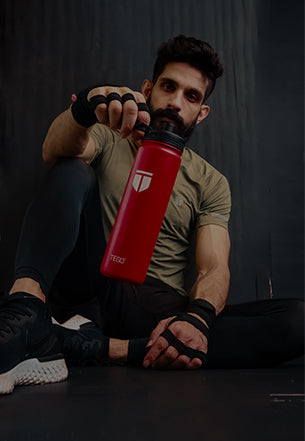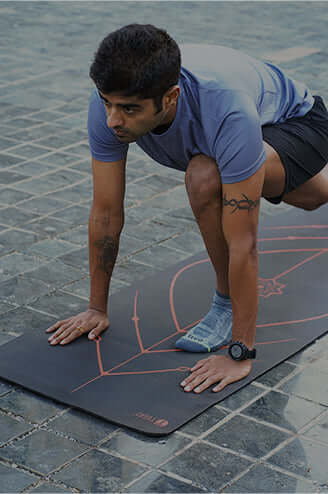Wearable Technology is changing the fitness landscape, from what seemed like a passing trend, into an essential tool for everyday athletes. With wearables like Apple Watch, WHOOP, Garmin, Oura Ring, and Polar, tech and Artificial intelligence offers personalized insights. They track recovery, count every step, measure strain, and tell us when to push or when to rest. But here’s the truth no algorithm can compute: it’s still you who decides to show up.
Think of it as having a personal coach who's always on call but doesn't judge you for grabbing a donut post-workout. While hard work is non-negotiable, AI and wearables guide you, helping to prevent a burnout and ensuring every workout counts.
Everyday Athletes, Elevated by Tech
The fitness industry has seen a major transformation in the past decade, but 2025 is taking it up a notch. AI and wearable tech have shifted from elite-only gadgets to everyday essentials, especially for those balancing training with careers, kids, and life’s chaos.
Real-time insights, smarter tracking, and personalized nudges help everyday athletes train efficiently, not longer. Whether adjusting your run based on heart rate variability or getting recovery prompts after a poor night’s sleep, tech is doing what great coaching always aims: helping you stay consistent without burning out.
Why AI & Wearables Matter to Everyday Athletes:
For everyday athletes balancing workouts with life (think meetings, kids, and late-night cravings), AI and wearable tech bring clarity and control. They deliver fast, simple, and actionable insights, and no, AI isn’t here to replace your coach or intuition; it's here to enhance both, helping you train efficiently, recover better, and stay consistent without burning out.
Here’s how it works:
-
Smarter Recovery Tracking: Devices track heart rate variability (HRV), sleep quality, and resting heart rate to suggest when to rest or go hard. A study Journal of Clinical Sleep Medicine found that reduced REM sleep was linked to slower reaction times and impaired physical performance.
-
Adaptive Workouts: Your routine evolves based on how your body’s feeling, not just what's on the calendar.
-
Progress Detection: AI flags early signs of burnout or momentum so you can pivot before you plateau or crash.
-
Real-Time Health Alerts: Subtle shifts in metrics like elevated resting heart rate or dropped HRV can trigger recommendations to scale back, helping prevent injuries before they start.
Paul van Ass, Dutch Women’s Hockey Coach, said, “We use heart rate monitors to manage recovery and keep players in their optimal zones.”
Fuel and Hydrate with Precision
Basics still rule: eat well and drink enough water. But now, wearables and apps make it easier:
-
Water Tracking: Apps like WaterMinder log your intake and adapt based on your activity.
-
Smart Food Logging: Tools like MyFitnessPal use AI and photo scanning to estimate macros in seconds.
Even slight dehydration or under-fueling can tank your performance. These tools simplify the process and support consistent progress.
You're the MVP, Not the Algorithm
AI and wearables are valuable tools, but they can’t replace your effort and intuition. They can guide, not lift. No device can outwork your discipline, mindset, or muscle soreness. While they help remove guesswork and spot red flags early, progress still comes from effort, not just analytics.
-
Data Overload: Too many scores (HRV, readiness, recovery) can lead to anxiety or burnout.
-
Accuracy Varies: A Stanford study found that while heart rate data was mostly reliable, calorie tracking could be off significantly across wearables.
-
Over-Reliance on Metrics: Your watch might say "go," but your legs say "no." Tech should guide your training, not override your intuition.
-
Wearables and Weight Loss: A 2016 study found that people using wearables lost less weight than those who didn't, suggesting that over-reliance on fitness tech can backfire when it replaces real work.
So What’s the Big Picture?
AI and wearable Tech enhances your workouts, but it doesn't replace hard work. While they help track sleep, prevent injuries, and spot overtraining, it’s important to avoid over-reliance. Find the sweet spot where tech supports your journey without overshadowing the personal discipline.
Informed effort leads to consistent progress, and that’s the real MVP.
Tego’s Take
At Tego, we believe your gear should work as hard as you do. Whether lifting weights or managing daily challenges, our performance-driven apparel supports every step and breath you take.







